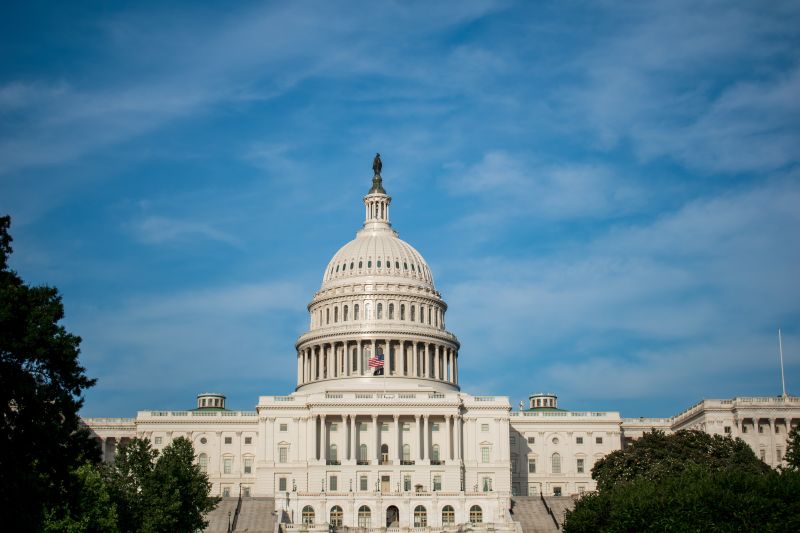The Impact of the Corporate Transparency Act on Businesses

By: Ivana de la Rocha*
Privately-held companies in the U.S. have long enjoyed a great degree of privacy concerning their internal activities, especially as it pertains to the identities of their owners. However, the Corporate Transparency Act (CTA) will change this upon its implementation. The CTA, also known as the Counter Terrorism and Illicit Finance Act, is a federal law passed by Congress that will become effective on January 1, 2024.[1] The Act is an expansion of anti-money laundering laws and is intended to aid in the prevention of money laundering, corruption, terrorist financing, tax fraud, and concealment of illicit money through the use of shell companies in the U.S.[2] Privately-owned companies will be required to report to the U.S. Department of the Treasury’s Financial Crimes Enforcement Network (FinCEN) information concerning the identity of their beneficial owners.[3] Prior to the CTA, there were no uniform beneficial ownership information (BOI) reporting requirements in the U.S., which hampered the abilities of law enforcement to investigate entities that were being used for felonious purposes.[4]
The scope of the CTA is intentionally broad. An entity is subject to the reporting requirement if it qualifies as a reporting company.[5] A reporting company can be either a domestic or foreign company. A domestic reporting company is defined as a corporation, limited liability company (LLC), or any entity created by filing with a Secretary of State or equivalent official.[6] On the other hand, foreign reporting companies are defined as any entity that is a corporation, LLC, or other entity formed under the law of a foreign country that is registered to do business in any state by filing with a Secretary of State or equivalent official.[7] However, the CTA provides twenty-three specific exemptions to the reporting requirement. The most notable of these exemptions includes large operating companies. A large operating company is defined as any company that meets all the following requirements: employs more than twenty full-time employees; demonstrates more than $5 million in annual revenue; and has an operating presence in the U.S.[8]
A reporting company is required to report BOI to FinCEN for each of its beneficial owners and company applicants. A beneficial owner is defined as someone who either owns or controls twenty-five percent or more of the ownership interests of the company or who directly or indirectly exercises substantial control over the company.[9] For each beneficial owner, the reporting company must report the following BOI to FinCEN: full legal name, date of birth, residential address, and identifying number (i.e., passport number or unexpired driver’s license number) together with a copy of the document.[10] If there are any changes in the BOI, or identities of the beneficial owners, then the reporting company must file an updated report with FinCEN within thirty days of the change.[11] Additionally, a company applicant is anyone who directly files the documents that create the company and they must also have their information reported to FinCEN.[12]
The information reported to FinCEN will not be made public and will not be subject to disclosure.[13] FinCEN will be required to keep BOI secure in a restricted-access database. However, the following government agencies will have access to BOI: federal agencies engaged in national security; the Department of Treasury in connection with its official duties; and state and local law enforcement agencies in connection with investigations.[14] In addition, financial institutions may request certain BOI to assist in anti-money laundering compliance activities with the reporting company’s consent.[15]
The CTA will have a significant impact on businesses in the U.S. Companies will need to take the time to accurately report their beneficial owners and update the information when necessary. This will require additional resources and compliance efforts that may be costly for some businesses. In particular, small businesses are most likely to bear the brunt of the Act’s implementation. Small businesses will face additional costs in terms of filing fees and increased paperwork. They must also make sure their beneficial ownership information is accurate and up to date, which can be time consuming and difficult especially without the necessary resources or staff to comply with all the requirements. However, as the first federal law regarding disclosure of ownership of private companies, the CTA is nonetheless a significant step forward in combating money laundering, terrorist financing, and other illicit activities. While the Act may place additional burdens on businesses, the benefits of improved security and transparency likely outweigh the imposed costs.
* J.D. Candidate, Class of 2024, Sandra Day O’Connor College of Law at Arizona State University.
[1] Beneficial Ownership Information Reporting Requirements, 87 Fed. Reg. 59,498 (Sept. 30, 2022) (to be codified at 31 C.F.R. § 1010.380).
[2] Matthew Erskine, Get Ready for the Corporate Transparency Act, Forbes (Jan. 17, 2023, 11:14 AM), https://www.forbes.com/sites/matthewerskine/2023/01/17/get-ready-for-the-corporate-transparency-act.
[3] Id.
[4] Beneficial Ownership Information Reporting Rule Fact Sheet, Fin. Crimes Enf’t Network (Sept. 29, 2022), https://www.fincen.gov/beneficial-ownership-information-reporting-rule-fact-sheet.
[5] Id.
[6] Beneficial Ownership Information Reporting Requirements, 87 Fed. Reg. at 59,537.
[7] Id. at 59,538.
[8] Id. at 59,542.
[9] Beneficial Ownership Information Reporting Rule Fact Sheet, supra note 4.
[10] Id.
[11] Id.
[12] Id.
[13] Fact Sheet: Beneficial Ownership Information Access and Safeguards Notice of Proposed Rulemaking (NPRM), Fin. Crimes Enf’t Network (Dec. 15, 2022), https://www.fincen.gov/nprm-fact-sheet.
[14] Id.
[15] Id.


